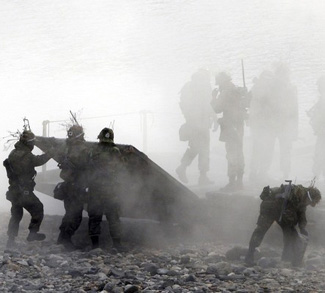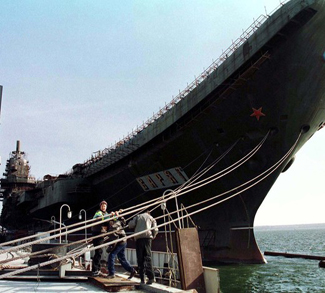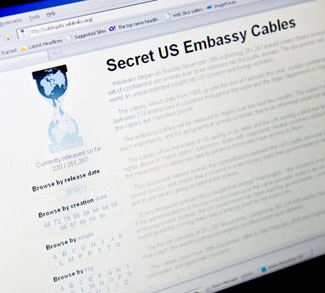FORECAST
This article is part two in a series. Part one can be found here.
Peaceful Rise, containment, encirclement, the ‘China Threat’ theory- though the times change the language stays the same. Experts are asking the same questions they were thirty years ago about China’s rise and the impact it will have on international society. It’s high time we throw away the rulebook of historical analogies and accept that this scenario is something completely different.
There is no shortage of historical precedents when it comes to rising powers embarking on imperial expansion in their march towards regional hegemony. In a 2004 article arguing the validity of the China Threat theory, prominent Sinologist John Mearsheimer invoked the following historical analogies as relevant comparisons: US expansion into the Americas, Imperial Germany (1900-1918), Imperial Japan (1931-1945), Nazi Germany (1933-1945), and the Soviet Union (1945-1989). These cases are frequently held up as proof that a rising power will inevitably clash against the established order of international society.
But do any of them really apply in a world of globalization and nuclear weapons? Every single instance has a critical impetus that doesn’t exist in modern international society. America’s Monroe Doctrine was expanding into European imperialism, illegitimacy stacked on illegitimacy before the age national self-determination. Imperial Germany wanted to re-arrange the colonial mercantile order for its own prestige and economic well-being; well before the age of global free markets. Nazi Germany was much the same but with some additional score settling and racist ideology added to the mix. Imperial Japan’s Greater East Asian Co-Prosperity Sphere was quite clearly underpinned by economic and demographic pressures in a world of closed imperial supply chains. And finally the USSR- the most strikingly dubious entry on the list. How could the comparison even be considered when the USSR was expanding into a theoretically antagonistic economic model?
There is a major difference between China’s case and any analogy that history can muster and that is: China owes its rise to the present international system and aggressive expansion poses a fundamental threat to its own economic interests. In other words, unlike the rising regional hegemons of days past, China has no dominant economic or political motivation to ‘challenge’ the current world order. It’s a member of the WTO, the UN Security Council, and its influence within the IMF and World Bank are growing every year.
China’s thirst for primary imports won’t be sated anytime soon, leaving it economically beholden to far-off lands like Canada (10.5$ billion worth in 2009), Australia ($60.9 billion 2010), and Brazil ($38.1 billion 2010). Export markets are equally critical as China moves towards a high-technology manufacturing economy. If the flow of free trade is stopped, the CCP and Chinese development suffers. Thus, there is a strong economic impetus to protect global free markets, or in other words, a reason to perpetuate the present international system.
Some claim that China does harbour a political challenge to the established world order in the form of the ‘China model’ of authoritarian development. This however is more about the CCP trying to score prestige points than an ideology that guides their foreign policy. The reality is that from a systemic point of view, questions of Chinese human rights aren’t going to lead to all-out inter-state conflict; they just serve as convenient mud that both sides like to hurl at each other at opportune times.
There is also the oft-cited risk of nationalist zeal spilling into the CCP’s foreign policy. This is indeed a troubling possibility, though one that must be tempered by the fact that aggressive sabre rattling threatens China’s continued economic development. And that is something far more important to the CCP’s legitimacy. Talk of the CCP reaching back to establish some kind of modern ‘Middle Kingdom’ expansionist narrative in Asia are about as foolish as calling on Roman history to predict Italian foreign policy over the next decade.
This part of the series has explored how the nature of modern economics precludes us from relying on historical analogies to predict China’s behaviour as a rising power. It does not argue that China won’t seek strategic space as its capabilities expand, but rather that the old models of predestined conflict between rising power and established order don’t apply anymore. Next week’s conclusion will examine how nuclear weapons also impact the rising power paradigm.
Zachary Fillingham is a contributor to Geopoliticalmonitor.com




